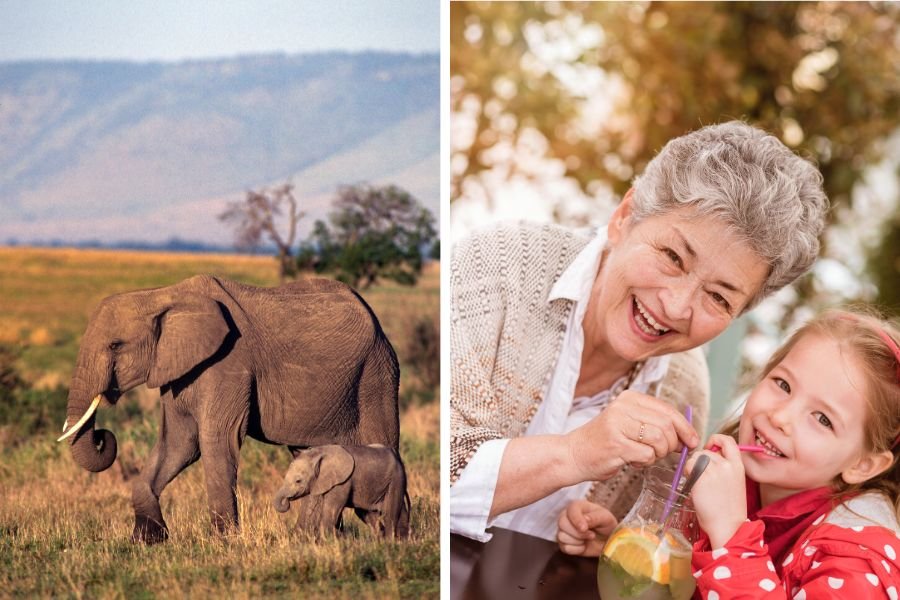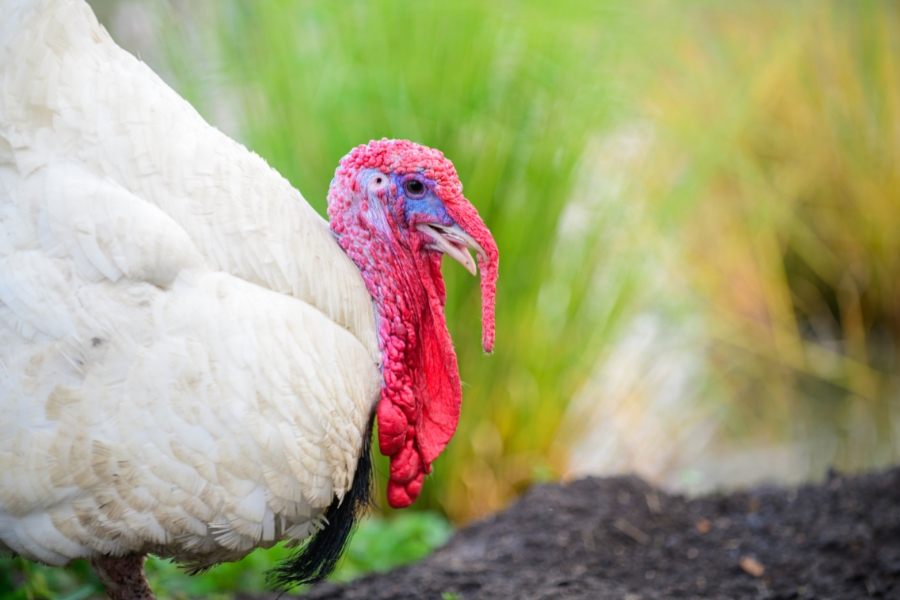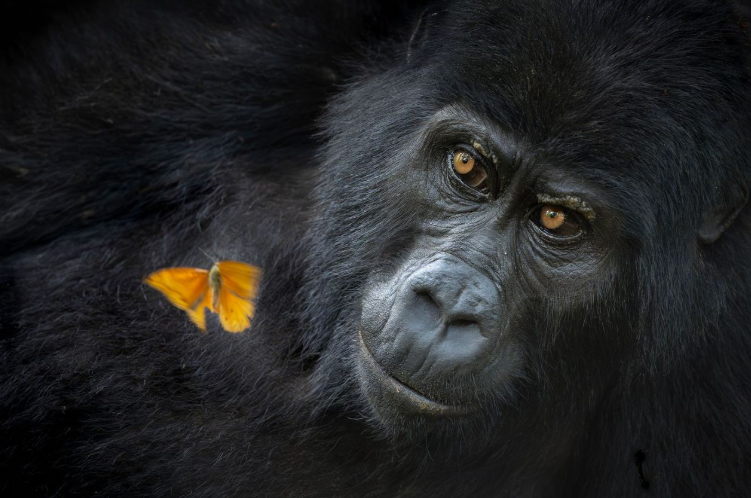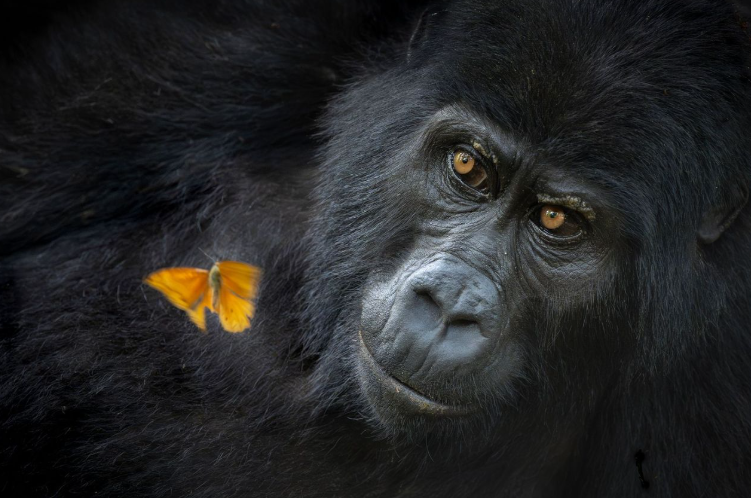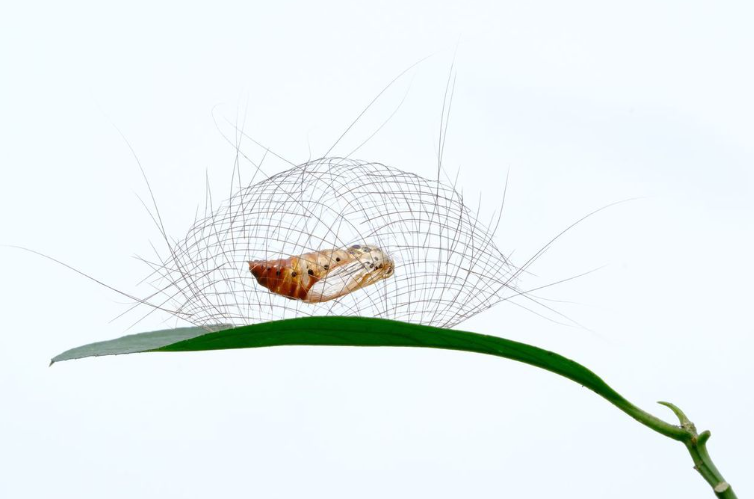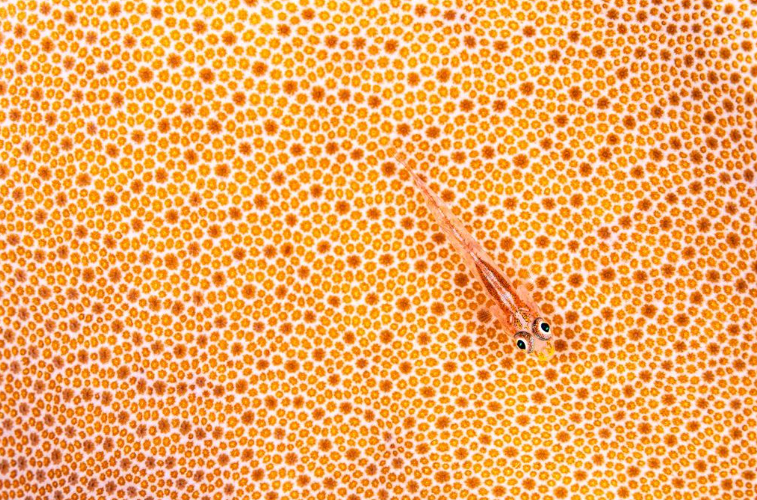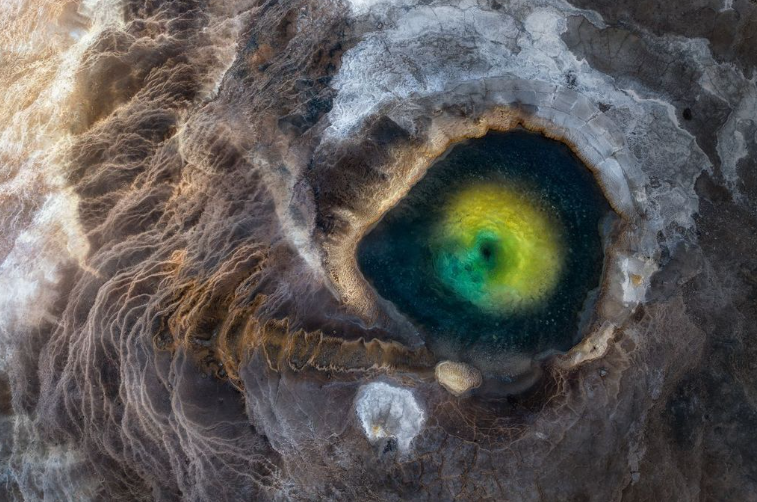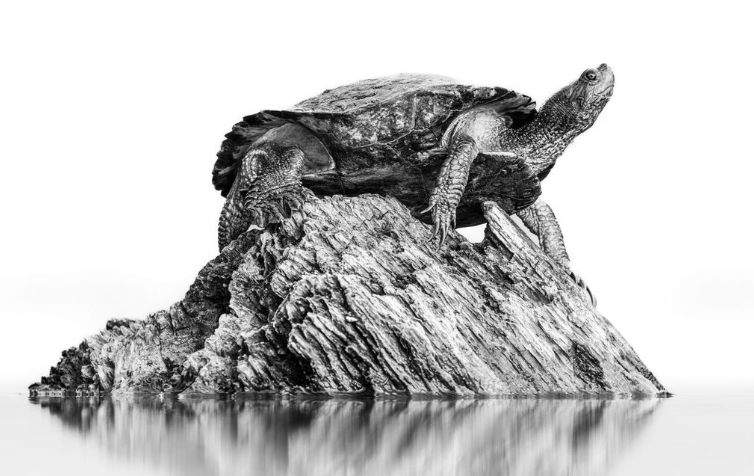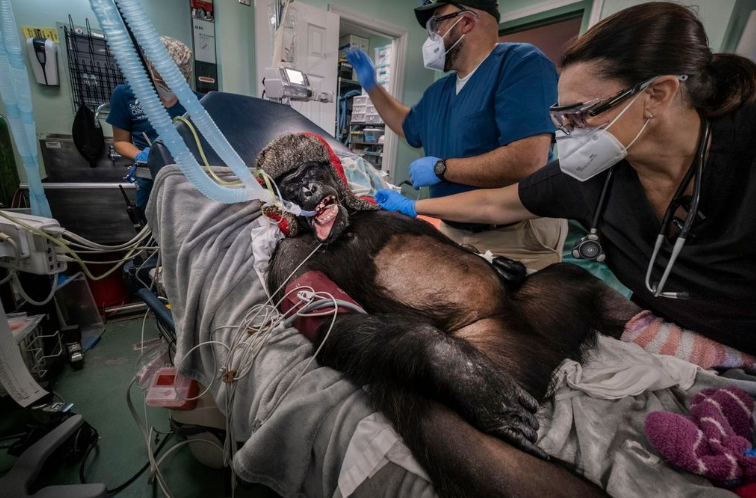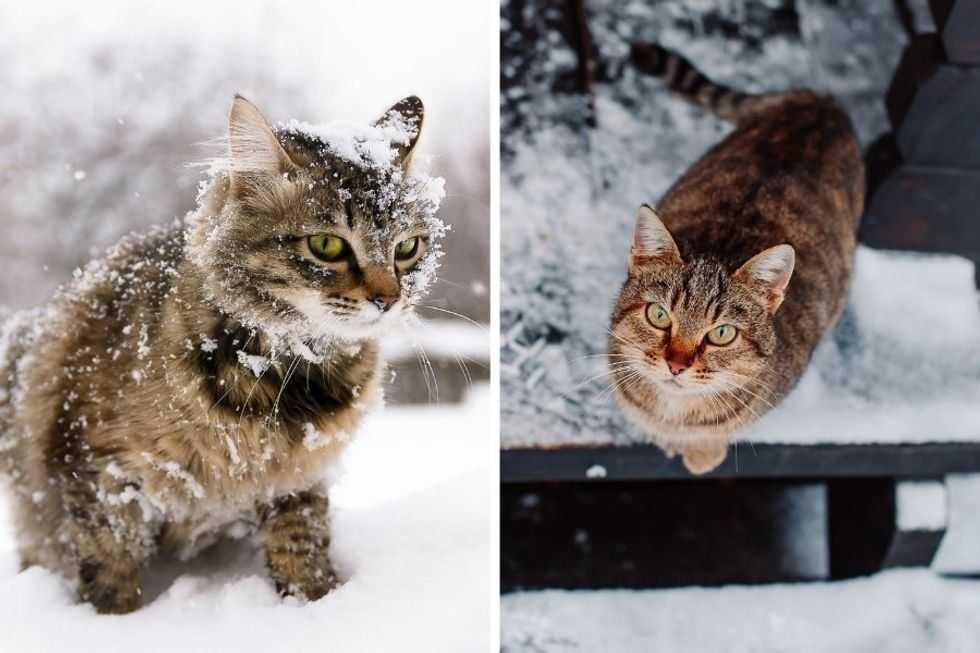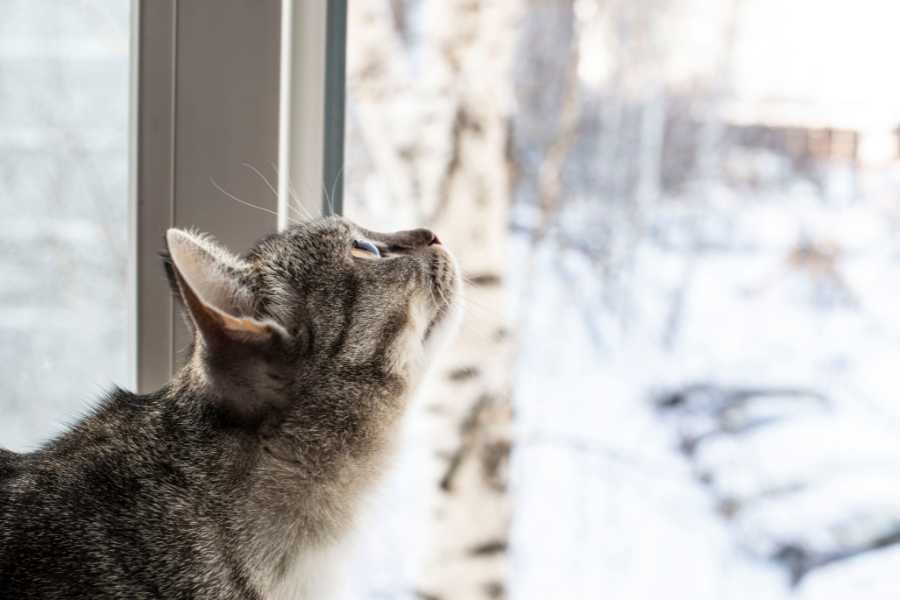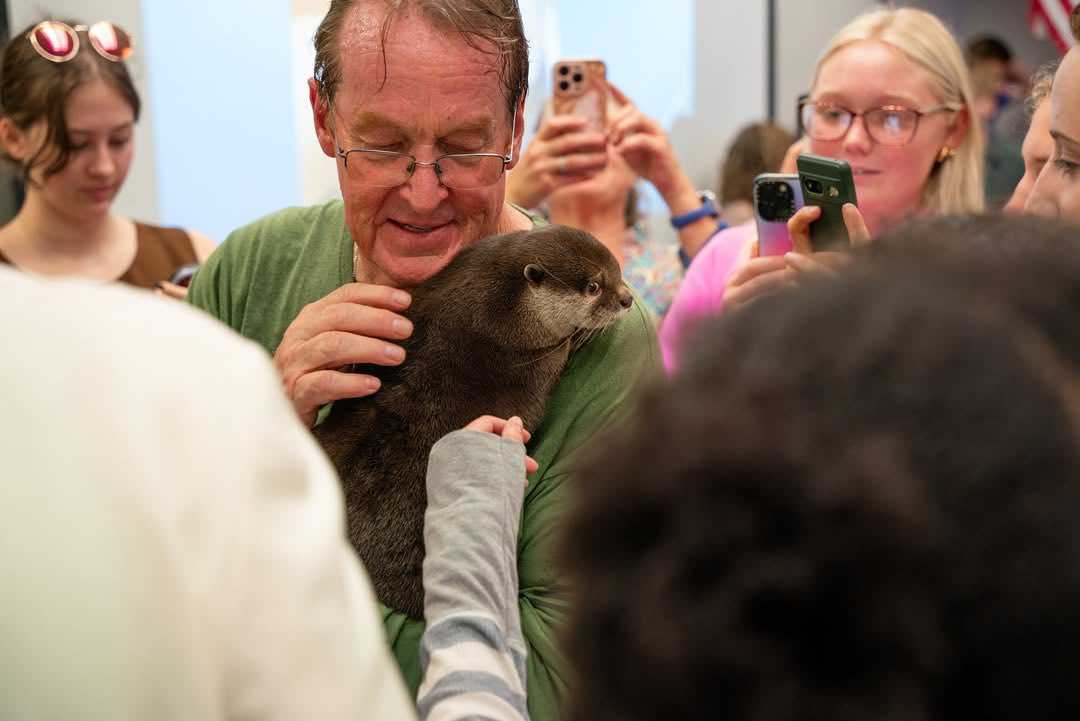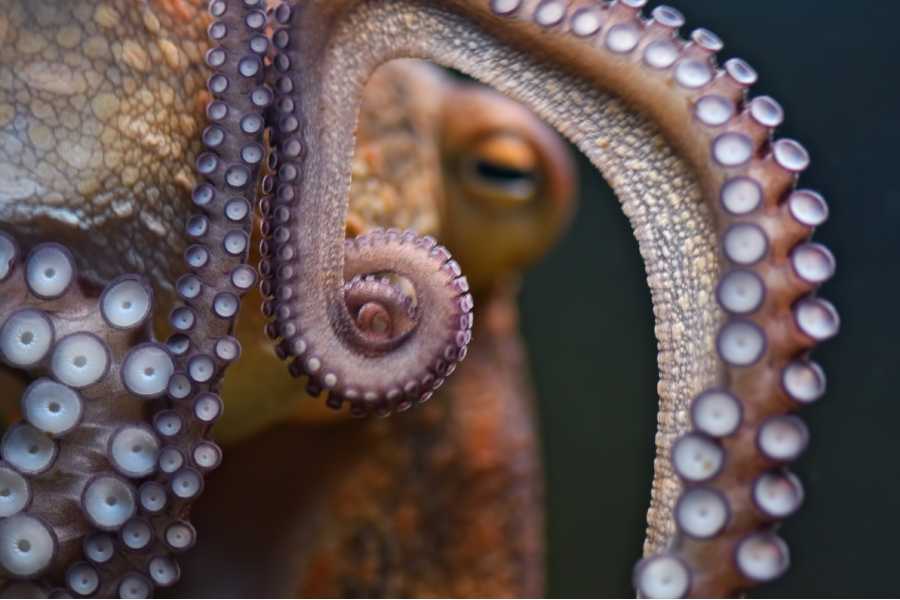Menopause can seem like one of those unfair things that only happen to those born with female reproductive systems. It’s just one more thing to add to the list of things that those born of the opposite sex don’t have to deal with. Menstrual cycles, hormonal and physical changes through pregnancy, the pain and recovery of childbirth, the pause in your career while caring for an infant, only to hit crescendo with menopause.
All those hormones that helped keep you balanced go careening off a cliff in the endocrine system. The whole process can feel unnecessary for those forced to experience it but there may be a reason menopause exists. Scientists have studied the phenomenon of menopause across different species. Turns out not every female animal goes through the process of shutting down reproductive organs.
For most animals, they reproduce until death, only experiencing menopause if there’s something medically wrong or they’re kept in captivity. Only three species of mammals live for a significant amount of time post reproductive years, orcas, short-finned pilot whales and humans. This revelation is what spurred “the grandmother hypothesis,” which hypothesizes that these female mammal species live longer to ensure survival of the species.

Both species of whales as well as humans assist their daughters in caring for their children. This allows the daughter to have more children, furthering the respective species. Yes, even whales help take care of their grandchildren by providing them food, which frees up their mother to reproduce sooner.
The Grandmother Effect, a 2009 study published in the National Library of Medicine shares, “women who remained vigorous beyond their fertile years may have enhanced their reproductive success by providing care for their grandchildren. This care would have enabled their daughters to resume reproduction sooner, endowing them with greater lifetime fertility. Genes of grandmothers possessing such old-age vigor would be more likely to persist in subsequent generations.”

There were studies done on chimps as well since they’re the closest animal to humans and the results were surprising. The majority of chimpanzees reproduce until death but Ngogo chimps seem to go through menopause around the same age as humans, 50. Ngogo chimps live several years after reproducing but unlike humans and whales, they have no interest in helping raise their grandchildren. In fact, the daughters move away from their mothers once they reach maturity.
Though the study spanned from 1995-2016 to collect accurate data through urine analysis of reproductive hormones, scientists point out that menopause may not naturally occur in Ngogo chimps. While the chimps are technically wild, they live in the Kibale National Park in Uganda. They are not hunted by prey, have an unnatural access to quality foods including more meat. Outside of the national park, nearby chimps don’t live beyond 50 while the ones within the park live into their 60s.

The Ngogo chimps living an unnaturally long life inside the national park may explain why their familial behavior differs from those of humans and the two whale species. One study outside of the Demographic and hormonal evidence for menopause in wild chimpanzees attempts to debunk the grandmother hypothesis which shows nearly all mammals living beyond child bearing years but other scientists dispute their findings as all the animals studied were living in captivity, which greatly impacts lifespan.
In the 2018 study published in Ecology and Evolution, their study of 52 mammals holds firm that only three live beyond menopause, with humans spending 40-70% of their lives post menopause. So, though the grandmother hypothesis is still just that as scientists continue to look for further evidence, it may just be true. Humans have evolved to experience menopause to help further the species and since women live longer than men on average, it doesn’t seem like a far leap. No pressure or anything, grandmas. No pressure at all. Just the survival of the human race, no biggie.

